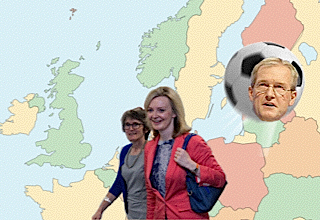
UK cabinet reshuffle kicks Paterson into touch
The business-as-usual global warming ‘lukewarmist’ is no longer at the DEFRA helm. via Peter Crosskey. […]

The business-as-usual global warming ‘lukewarmist’ is no longer at the DEFRA helm. via Peter Crosskey. […]

With the final stages of the CAP reform process getting under way, UK environment secretary Owen Paterson today demonstrated his grasp of the underlying issues under discussion. It would seem that Paterson believes that Ray MacSharry’s or Franz Fischler’s reforms could somehow be undone. “Some Member States have been pressing to take CAP back to the dark days of butter mountains and wine lakes, with costly interventions in the market,” the British minister insisted. “I have resisted this every step of the way. That’s why Germany and the UK were unable to support one of the regulations which manages the EU food and agriculture market,” he asserted. The minister is not for turning, either. Like a former UK prime minister recently interred in the crypt at Westminster, Paterson is happy to make farming sound like an extension of shopping. “All along I have rejected moves that would increase costs for hard pressed consumers. British shoppers should not have to pay twice for the CAP – once through their taxes and again at the supermarket tills.” […]
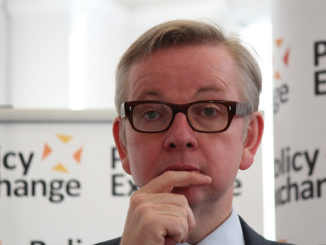
UK Ag minister Micheal Gove has claimed Brexit is a golden opportunity to create an independent, public goods focused national agri-food policy. This policy position has been praised by many, from environmentalists to the NFU. However, is he speaking with a forked tongue? And if not, then what might this potentially radical rupture signal for the EU and CAP? […]
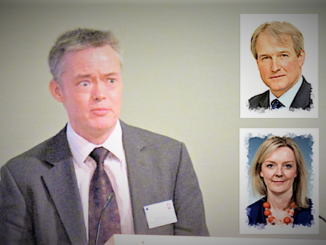
The UK is about to go into Brexit negotiations with a political maverick, Brexiteer Michael Gove, in charge of DEFRA. Here are are a few of his predecessors’ contributions to posterity: […]

Michael Gove has taken over in the UK ministry which covers agricultural, food, rural affairs and the environment. He was central to the Brexit push and has links to US Neocons including the Tea Party – so he doesn’t seem too keen on environmental regulations. By Miles King. […]

A 13-strong pop-up panel convened on May 12, in an event organised by Food Research Collaboration and Coventry University’s Centre for Agroecology, Water and Resilience (CAWR), heard evidence on Brexit and agri-food. How did they vote? Peter Crosskey attended. […]
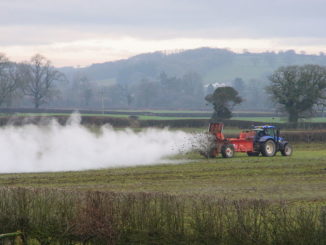
In the bizarre world of ideologically-driven Tory self-harm, DEFRA is cutting itself into oblivion. How and why is this happening? Peter Crosskey investigates. […]

The UN climate talks in Paris have ended with an agreement between 195 countries to tackle global warming. What do the agreements mean for the future of our food and agriculture?

[show-map id=’1′]We reveal just how fair and green CAP 2014-2020 really is.
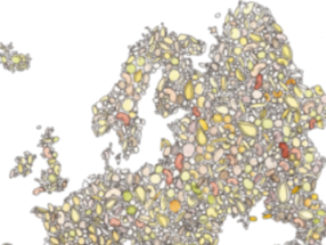
With UK elections coming up tomorrow, Joseph Dodd of GMO free regions explains the party positions on GM. […]


Analysing CAP expenditure provides a great opportunity for civil society organisations to assess whether CAP will really be, as was promised, greener and fairer. Here on CAPWatch, we will give you the facts and provide our own analysis. So CAPWatch will step behind the basic stats and the spin, and, using our own specially developed metrics, reveal just how fair and green CAP 2014-2020 is.[show-map id=’1′] For more details click on the member stateThe details used here will mainly be ex-post expenses, based on the financial reports provided by the European Commission and data provided by EuroStat. Expenditures are annually published by the European Union: this gives us the chance to make analyses and comparisons on a quantitative basis. This then allows for the calculation of very simple and useful indicators, such as percentages, monetary values of expenditure per Member State (MS), per hectare, for specific policy objectives etc.) to figure out the way CAP money is spent on land, per worker*, per value added and per rural development priority. These calculations will highlight the real weight of […]
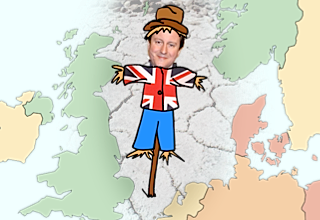
A British exit of the EU could result in a shortfall of billions in CAP payments to UK farmers. This is not on the UK political radar, as Peter Crosskey reveals. […]
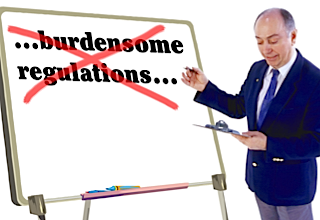
The UK’s FSA is getting weaker and weaker under a Tory government, as Peter Crosskey explains. […]

Hundreds of French peasants + many mobilisations = 1 cause […]
Agricultural and Rural Convention